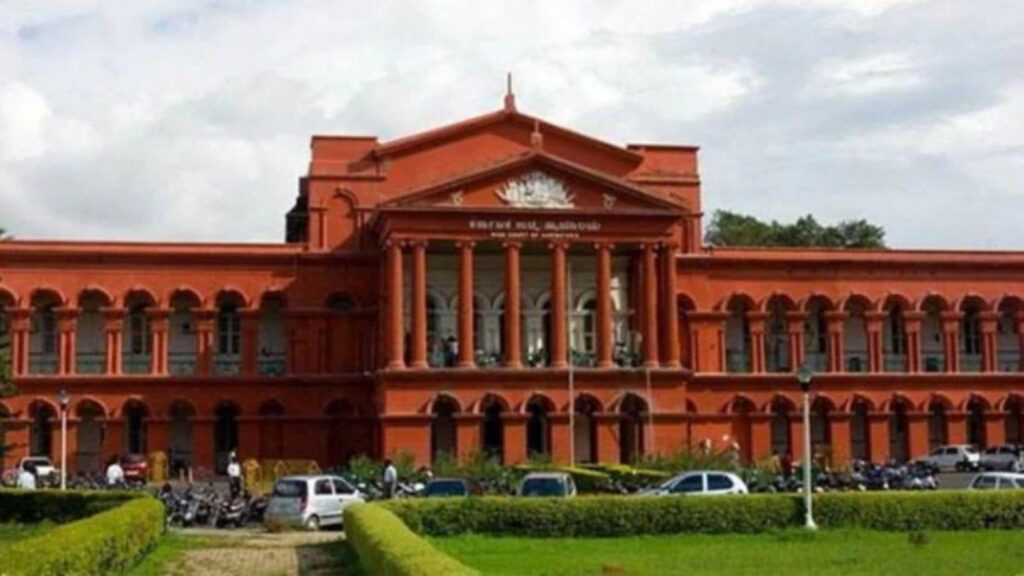The Karnataka High Court Thursday declined to “interdict” the ongoing socioeconomic survey supervised by the state Backward Classes Commission, while also mandating that the data collected is to be properly protected and that it should be made clear that providing data for the said survey is voluntary. The matter is being heard by a bench consisting of Chief Justice Vibhu Bakhru and Justice C M Joshi.
The various petitioners in the matter, including Brahmin, Vokkaliga and Lingayat groups, have contended over hearings during the past week that, while also being unconstitutional, the entire exercise is beyond the competence of the state government. They have reasoned that the socioeconomic survey is effectively a census and that state governments are not empowered to conduct a census. They have also raised concerns over the fact that the Aadhaar card was linked in the process, which could lead to privacy issues and violation of the Aadhaar Act.
On the other hand, counsels representing the state government have contended that appropriate measures are being taken to protect the data of those surveyed. They have also contended that this is actually a survey on a voluntary basis and not a census. The counsels argued that the data was required to effectively formulate welfare measures, while Rs 420 crore had already been allocated to conduct the exercise with the participation of a large number of Asha workers, teachers, and other personnel.
Pronouncing the order, the bench stated, “We do not consider it appropriate at this stage to interdict the ongoing process of survey. We direct that the data collected during the survey shall not be disclosed to any person…” They also directed the Commission to ensure that the said data is fully protected and kept confidential.
The court added, “We further direct the Commission to submit notifications clarifying that participation in this survey is voluntary and no person is obligated to disclose any of the information. Any information disclosed must be voluntary.” The court also said that this would have to be communicated to all participants by the survey enumerators before the participants were called upon to answer any queries. If they declined, then the enumerators would also take no steps to “persuade or cajole” them.
The court, thereafter, directed the Commission to file an affidavit within one working day disclosing the steps it was taking to ensure that the data collected is confidential and inaccessible to anyone outside the Commission.

